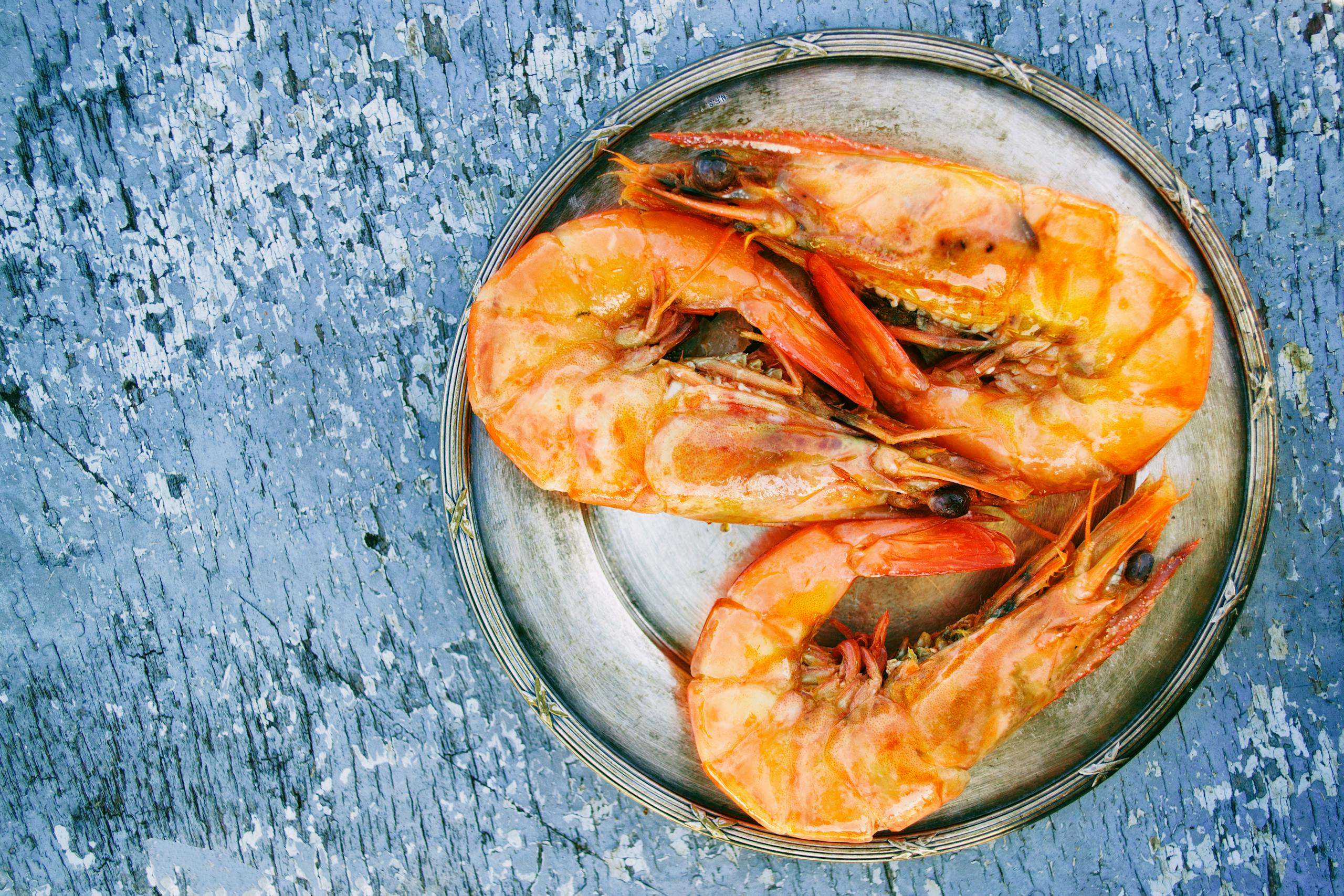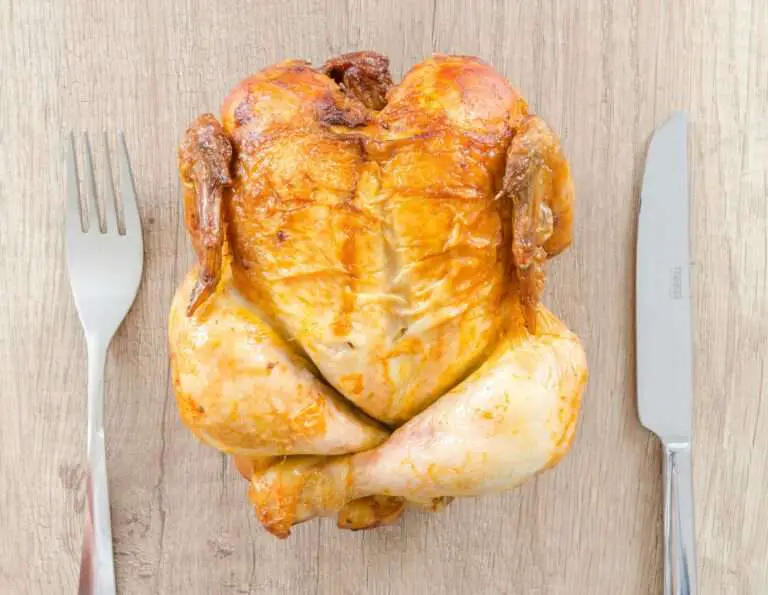Are Prawns Halal or Haram? Unravelling the Islamic Debate
The question of whether prawns are halal (permissible) or haram (forbidden) is one that many Muslims have debated. The answer is not straightforward, as opinions differ among Islamic scholars.
In this article, we explore the topic of prawns, Islamic dietary laws concerning seafood, scholarly opinions, and the health benefits and concerns of eating prawns. So, Are Prawns Halal?
ANSWER: THE MAJORITY OF SCHOLARS CONSIDER THAT PRAWNS ARE HALAL.
About Prawns
Prawns are a type of seafood that belongs to the crustacean family, and they include shrimp, lobsters, and crabs. They are commonly found in both freshwater and saltwater environments. Due to their sweet and tender meat, prawns are popular in many cuisines around the world. They are often confused with shrimp, but there are slight differences in size, shape, and the number of legs.
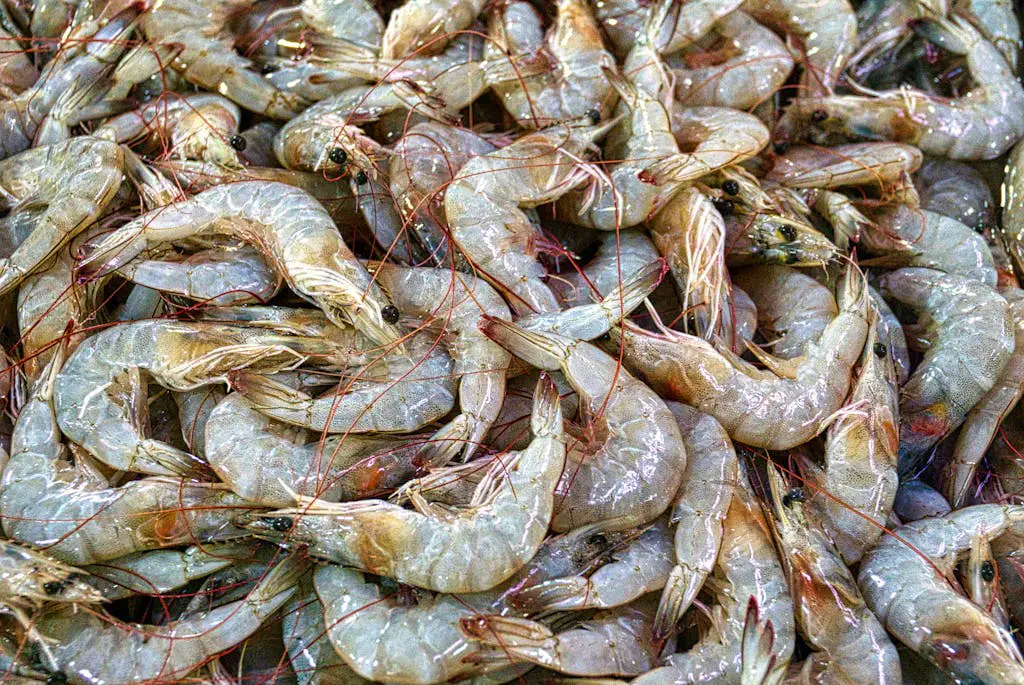
Quranic Verse and Hadith Related to Eating Sea Creatures
The Quran states in Surah Al-Maidah (5:96):
“Lawful to you is what you catch from the sea and its use for food as provision for yourselves and for the travelers.”
Additionally, a hadith narrated by Imam Malik states that the Prophet Muhammad (PBUH) said:
“Two kinds of dead meat are lawful for us: fish and locusts.”
These references highlight the permissibility of seafood, but the interpretation varies among scholars, particularly regarding non-fish sea creatures like prawns.
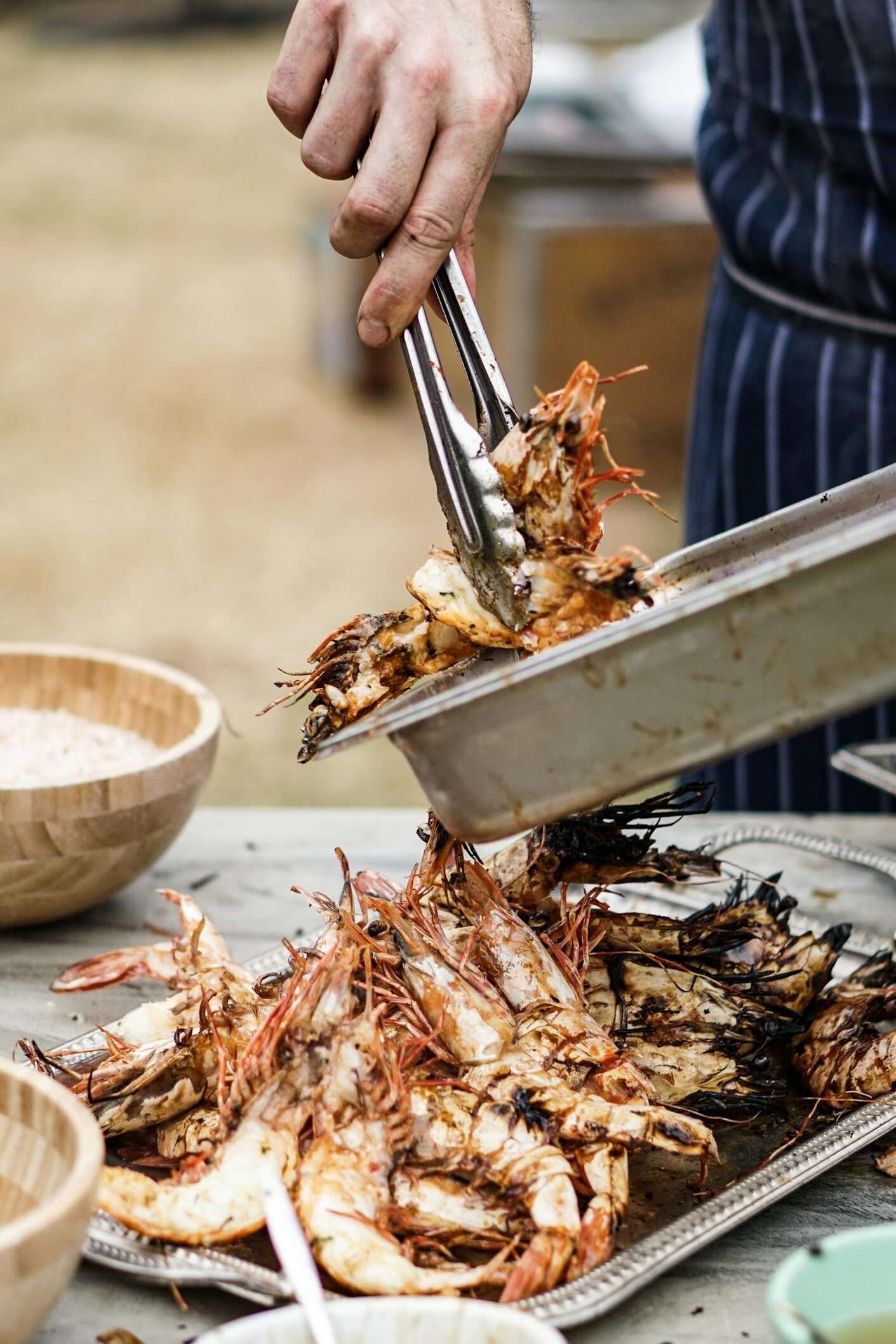
Scholars’ Opinions About Prawns
There is no unanimous consensus among Islamic scholars on whether prawns are halal or haram.
- Hanafi School of Thought: Generally considers only fish to be halal and classifies prawns as makruh tahrimi (disliked but close to haram). Some Hanafi scholars, however, argue that prawns are a type of fish and thus permissible.
- Shafi’i, Maliki, and Hanbali Schools of Thought: These schools generally consider all types of seafood, including prawns, to be halal without distinction.
Are Prawns Halal to Eat for Muslims?
Given the differing scholarly opinions, the answer depends on which school of thought a Muslim follows. If you follow the Hanafi school, you may choose to avoid prawns due to their classification as makruh. On the other hand, if you follow the Shafi’i, Maliki, or Hanbali schools, prawns are generally considered halal and permissible to eat.
Nutritional Benefits of Eating Prawns
- High in Protein: Prawns are an excellent source of lean protein, essential for muscle growth and repair.
- Rich in Vitamins and Minerals: They contain vitamins such as B12 and minerals like zinc, iodine, and selenium.
- Low in Calories: Prawns are low in calories, making them a great option for a healthy diet.
- Omega-3 Fatty Acids: They are rich in omega-3 fatty acids, which are beneficial for heart health.
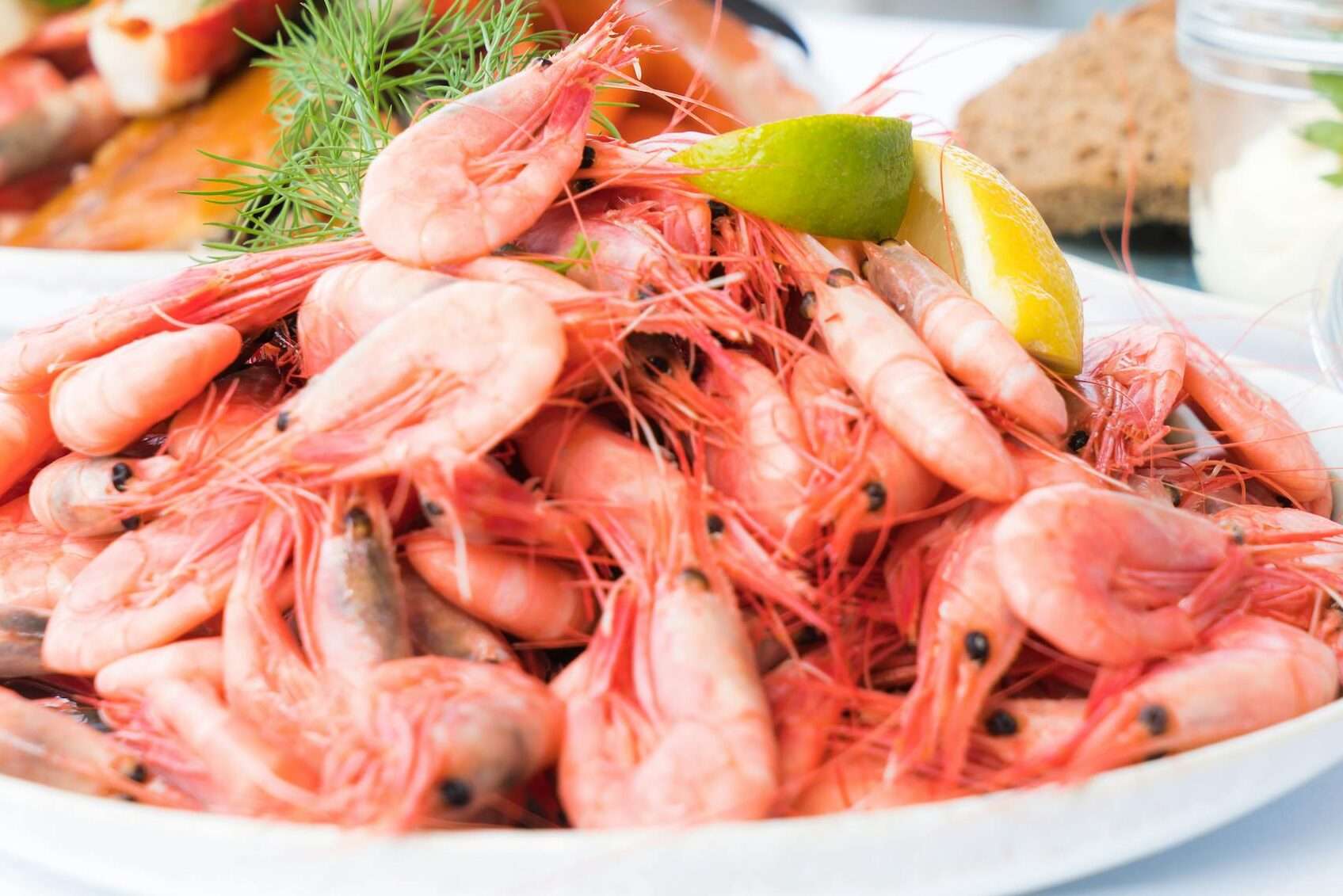
Final Take
The halal status of prawns in Islam is not black and white. It varies based on different Islamic schools of thought. While some scholars consider prawns halal, others classify them as makruh. Therefore, Muslims should consult with knowledgeable scholars from their respective schools and consider their personal comfort levels when deciding whether to eat prawns.
Frequently Asked Questions
Are all types of prawns halal?
- According to the Shafi'i, Maliki, and Hanbali schools of thought, all types of prawns are halal. However, the Hanafi school has a more cautious approach, considering prawns as makruh.
Can prawns be eaten raw, and is it halal?
- Eating prawns raw is permissible as long as they are halal and safe to consume. Proper hygiene and handling are crucial to avoid foodborne illnesses.
How to ensure prawns are prepared in a halal way?
- Ensure prawns are not cooked or cross-contaminated with haram substances like alcohol or pork. Always verify the cleanliness and halal certification of the kitchen or restaurant.
What should Muslims do if they are unsure about prawns being halal?
- If unsure, Muslims should consult a knowledgeable scholar from their school of thought or avoid eating prawns to be cautious.
What is the difference between prawns and shrimp, and does it affect their halal status?
- Prawns and shrimp are often confused, but they differ in size, habitat, and anatomy. The halal status of both is generally considered the same, depending on the school of thought.

